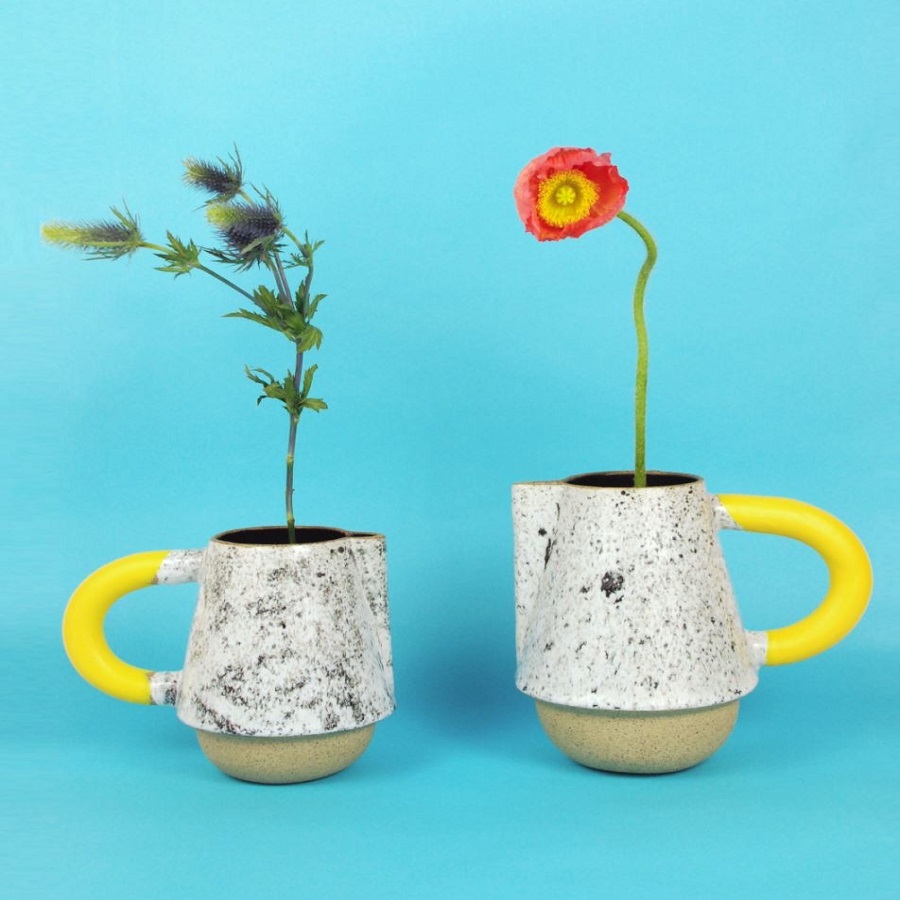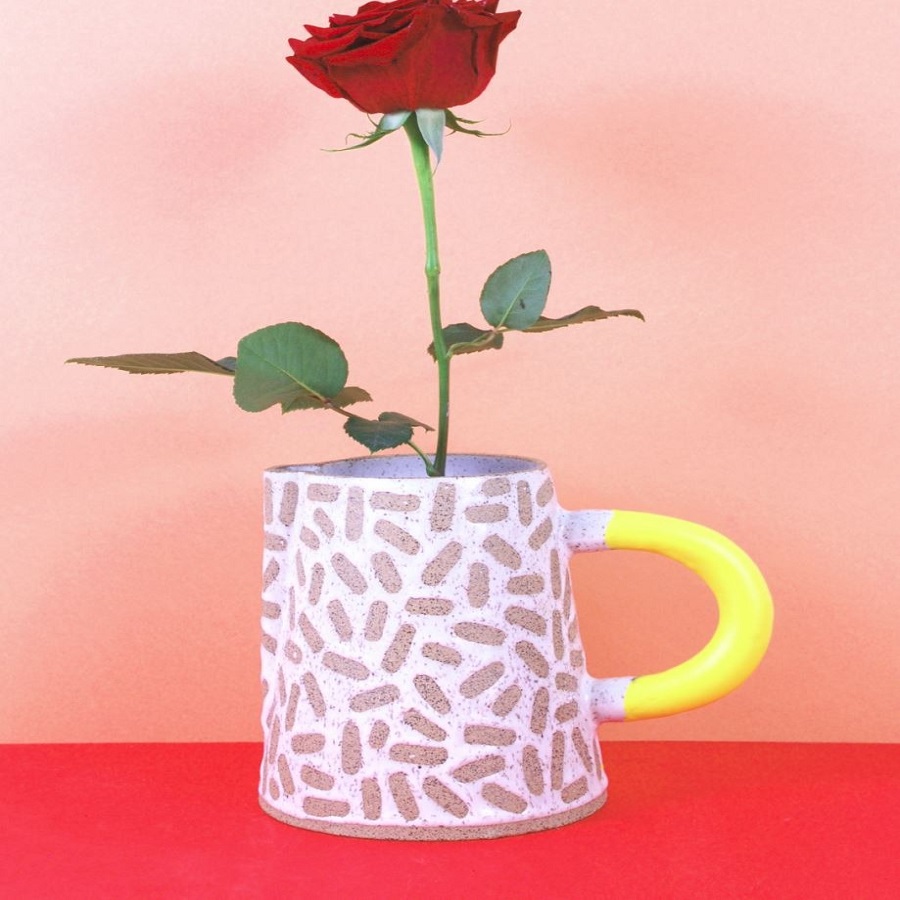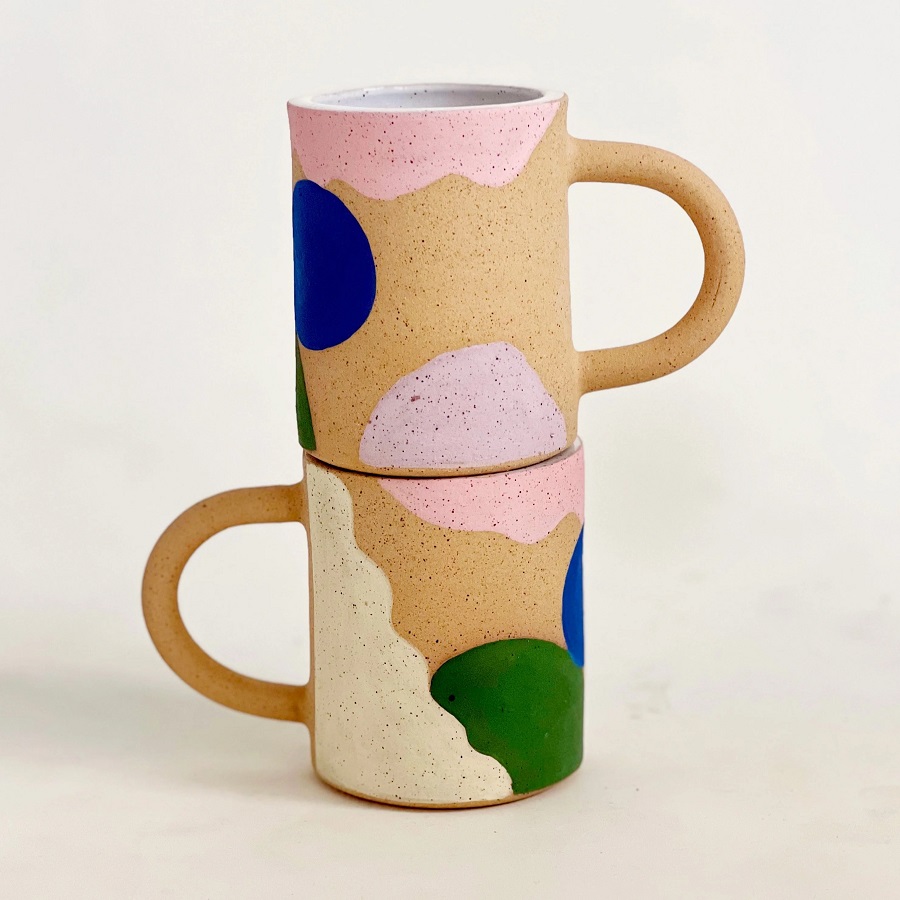The Allure of Ceramics in Recreation Centers
Ceramics have a special charm that draws people into recreation centers. The tactile feel of clay between your fingers as you shape and mold it into a work of art is a unique experience. In these community hubs, everyone from beginners to seasoned pros can unearth the joys of working with ceramics. Here’s what makes ceramics in recreation centers so enticing:
- Accessibility: Many recreation centers provide the perfect gateway for people to try their hand at ceramics. They offer affordable classes and workshops, making it easy for the local community to get involved.
- Community: Ceramics classes are often social affairs. You learn and create alongside neighbors, forging new friendships over shared kiln successes and glazing techniques.
- Instruction: Recreation centers typically have knowledgeable instructors who guide you through the ceramic process. From wedging the clay to the final firing, you receive step-by-step support.
- Variety: These centers offer a range of projects to suit all interests. Whether you want to make functional pottery or decorative sculptures, there is something to spark your creativity.
- Facilities: With access to pottery wheels, kilns, and a variety of tools, recreation center ceramics studios are well-equipped to bring your visions to life.
- Therapeutic Benefits: Working with clay can be a relaxing and meditative process. It offers a break from digital screens and the hustle of daily life.
Whether you’re drawn to the craft’s ancient roots or just looking for a new hobby, the allure of recreation center ceramics is undeniable. They offer a full package for anyone looking to dive into the world of ceramics with ease and support.

A Beginner’s Guide to Ceramics: What to Expect
Embarking on a journey with recreation center ceramics opens up a world of artistic possibilities. As a beginner, here’s what you can expect when stepping into the vibrant ceramics scene:
- Introduction to Clay Work: Your first session will typically introduce you to different types of clay and their properties. You’ll learn the basics of how to handle and shape the material.
- Simple Projects: Initially, you might start with simple projects. These can include pinch pots, simple sculptures, or tiles. This will help you get a feel for the clay.
- Step-by-Step Guidance: Expect patient and clear instruction from skilled artisans. They will walk you through each step from shaping to glazing.
- Trial and Error: Embrace the learning curve. Your first attempts may not be perfect, but they will be valuable learning experiences.
- Firing Process: You’ll learn about the kiln, the firing process, and how it transforms your clay work into finished ceramics.
- Glazing Techniques: As you progress, instructors will introduce glazing techniques that add color and finish to your pieces.
- Clean-Up Routines: Ceramics can be messy. You’ll learn the importance of cleaning up your workspace and tools—part of every potter’s routine.
Beginning with recreation center ceramics is a journey of learning and growth. From understanding the fundamentals to completing your first project, expect a supportive, communal atmosphere as you explore the tactile and rewarding world of ceramics.
Essential Ceramics Tools and Materials for Starters
When starting your journey in recreation center ceramics, knowing the essential tools and materials is key. Here are the basics you’ll need to kickstart your journey in the world of clay:
- Clay: This is the primary material you’ll use. There are different types for various projects.
- Pottery Wheel: A device that spins clay. This helps in shaping and forming your creations.
- Hand-Building Tools: These include items like rolling pins, ribs, and coil makers.
- Cutting Tools: Wire cutters and knives are crucial for trimming and shaping clay.
- Decorating Tools: Brushes, stamps, and carving tools add texture and details to your work.
- Glazes: These are the coats that give color and finish to your ceramics after firing.
- Kiln: This is the high-temperature oven that hardens your clay pieces.
Beginners don’t need to buy all these items right away. Many recreation centers provide the necessary tools and materials for use in their classes. Start with the basics and as you grow in the craft, you can add more tools to your kit. Your instructors at the recreation center will guide you on how to use each tool and help you understand its importance in your projects. With the right tools and materials, your entry into the art of ceramics will be smooth and enjoyable.
Types of Ceramic Projects Offered at Recreation Centers
Recreation centers offer a variety of ceramic projects to cater to a wide audience. You may wonder what kind of projects you can immerse yourself into. Here are some examples:
- Functional Pottery: This includes creating bowls, mugs, and plates that you can use daily. These projects teach you the basics of form and function.
- Decorative Pieces: For those who love to adorn their spaces, making vases, figurines, or wall hangings is perfect. These items add character to any room.
- Tiles and Mosaics: Crafting unique tiles can be a simple yet creative starting point. Later, you can assemble them into beautiful mosaics.
- Sculptural Work: More advanced classes might offer the chance to sculpt. This helps to develop a deeper understanding of 3D art.
- Seasonal Items: Many centers host themed sessions for holidays. You can make ornaments or gifts tied to special events.
- Restorative Projects: Some classes focus on repairing and glazing old ceramics. This can be quite rewarding.
- Collaborative Projects: This involves group work to create larger installations. It’s a social way to produce a collective piece of art.
Each project at a recreation center is a chance to learn and hone your skills. From the functional to the purely artistic, recreation center ceramics cater to all interests and skill levels. Whether you choose to throw a pot on the wheel or sculpt a masterpiece by hand, the projects you undertake can be as unique as you are.

Benefits of Joining a Ceramics Class
Joining a ceramics class at a recreation center offers numerous benefits that go beyond learning a new skill. First and foremost, these classes provide a structured environment that’s ideal for beginners to gain confidence and build their foundation in the art of ceramics. Here are some of the top benefits you might enjoy:
- Hands-On Learning: You get practical experience from day one. Instructors guide you in hands-on exercises that reinforce your learning.
- Personalized Feedback: Small class sizes mean you receive individual attention. Instructors offer feedback that is tailored to your work.
- Social Interaction: Ceramics classes are social spaces. They are great places to meet new people and share your experiences and ideas.
- Mental Wellbeing: The process of working with clay is therapeutic. It can reduce stress and improve your mood.
- Skill Development: You learn a variety of techniques, from hand-building to glazing. These skills will stay with you and grow over time.
- Access to Resources: Recreation centers provide all the necessary tools and materials. You don’t have to invest heavily to start learning.
- Flexibility: Many centers offer classes at different times. You can find a schedule that fits your life.
- Showcasing Your Work: Some classes end with an exhibit. This gives you the chance to showcase your achievements.
- Ongoing Support: Even after you finish a project, instructors and peers provide support. They can offer advice on how to continue improving.
By joining a ceramics class at a recreation center, you’re not just learning to mold clay; you’re also building a foundation in a supportive community. The hands-on experience, along with the potential for social connections and mental health benefits, makes it a rewarding journey for anyone interested in recreation center ceramics.
How to Choose the Right Recreation Center for Your Ceramic Journey
Selecting the ideal recreation center for your foray into ceramics involves several considerations. Here are some key factors to help guide your choice:
- Location: Proximity is crucial. Choose a center that’s easy for you to travel to regularly.
- Facilities: Look for centers with well-equipped studios. Essential equipment should include quality pottery wheels, kilns, and a variety of tools.
- Classes Offered: Ensure the center provides classes that match your skill level and interests. Beginner-friendly options are vital if you’re just starting out.
- Instructor Credentials: Experienced and patient instructors can significantly enhance your learning. Research their background and teaching style.
- Community Vibe: Visit the center. Get a feel for the atmosphere. A supportive and friendly environment is important.
- Schedule Flexibility: Centers with multiple class times allow you more options to fit ceramics into your life.
- Cost: Budget plays a role. Check if the costs are reasonable and if materials are included in the class fee.
- Testimonials: Listen to what current and former students have to say. Their experiences can indicate what you might expect.
With the right recreation center ceramics program, you’ll set the stage for a fulfilling and enjoyable artistic journey. Do your homework, and you’re sure to find a place that feels like a second home for your creativity.
Tips for Success in Your First Ceramics Project
When starting your first ceramics project, feeling a mix of excitement and nervousness is normal. Here are some tips to help ensure success and make your introduction to recreation center ceramics satisfying and fun:
- Start Simple: Begin with basic projects like pinch pots or simple sculptures. It helps build confidence.
- Follow Instructions: Pay close attention to your instructor’s guidance. They can help you avoid common pitfalls.
- Ask Questions: If you’re unsure about a step or a technique, don’t hesitate to ask for help.
- Practice Patience: Ceramics is an art that requires time and patience. Your skills will improve with practice.
- Stay Organized: Keep your workspace and tools tidy. This will help you work more efficiently.
- Experiment: Don’t be afraid to try new things. Experiment with shapes, textures, and glazes.
- Learn from Mistakes: Embrace any errors as learning opportunities. Every mistake teaches you something.
- Enjoy the Process: Focus on the joy of creating, not just the final product. Enjoy your time working with clay.
By keeping these tips in mind, you’ll be well on your way to a successful and enjoyable first project in recreation center ceramics. Remember, the journey is just as important as the destination, and every piece you create is a step forward in your artistic expression.

Showcasing Local Talent: Events and Exhibitions at Recreation Centers
Recreation centers are great stages for local artists to display their works. They often host events and exhibitions that showcase ceramics crafted by community members. This provides a platform for both novices and experts to present their talent. Here’s what these events and exhibitions offer:
- Community Engagement: These events bring the community together. People gather to appreciate local talent and engage with artists.
- Recognition: Artists receive recognition for their craft. It boosts their confidence and encourages them to continue their artistic journey.
- Feedback Opportunity: Presenting work to the public offers valuable feedback. Artists learn what others think of their pieces.
- Inspiration: Attendees get inspiration from the displayed works. They see a range of styles and techniques, sparking new ideas.
- Sales Platform: Some exhibitions allow artists to sell their work. It helps them earn from their passion.
- Learning Experience: For beginners, these events are learning opportunities. They see the end results of different ceramic techniques.
- Networking: Artists and hobbyists meet and connect. They can form bonds and collaborate on future projects.
Whether it’s a small local exhibit or a larger, organized event, participation can be a rewarding experience. Artists grow by stepping into the spotlight, and community members revel in the local culture. Check your local recreation center for upcoming events. Dive into the vibrant world of recreation center ceramics and celebrate creativity in your community.